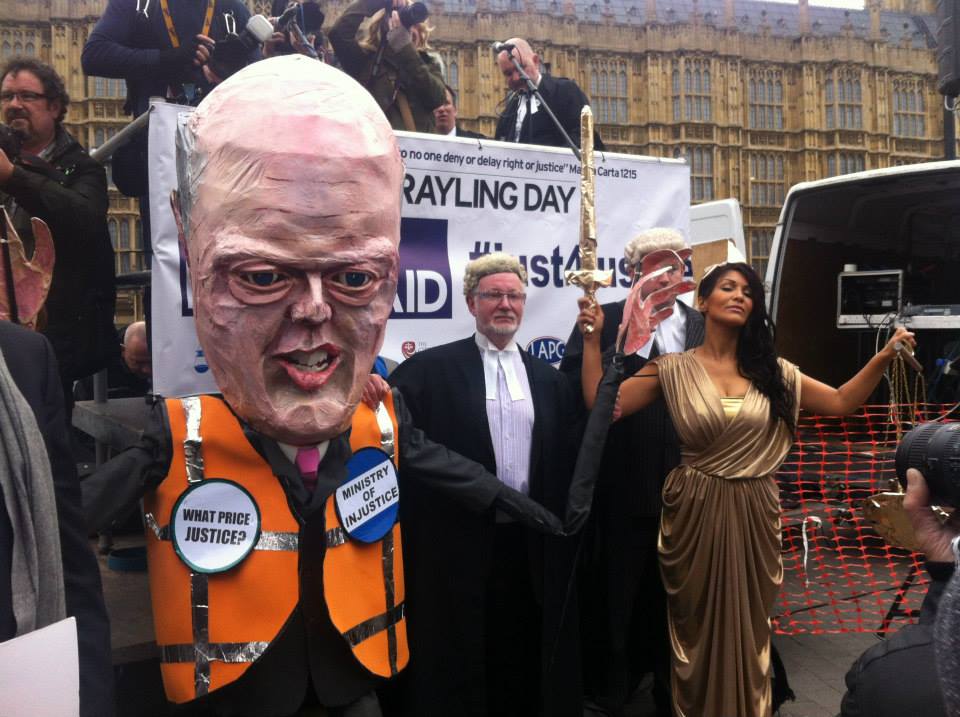[contextly_auto_sidebar]
MPs called on the government to scrap Chris Grayling’s controversial criminal courts charge as soon as possible. A report published today by the House of Commons’ Justice Committee, attacked the charge as ‘grossly disproportionate to the means of many defendants and to the gravity of the offences’ and said the lack of judicial discretion in its mandatory application created ‘unacceptable consequences within the criminal justice system’.
‘The evidence we have received has prompted grave misgivings about the operation of the charge, and whether, as currently framed, it is compatible with the principles of justice,’ commented committee chair Bob Neill MP.
‘In many cases it is grossly disproportionate, it fetters judicial discretion, and creates perverse incentives – not only for defendants to plead guilty but for sentencers to reduce awards of compensation and prosecution costs. It appears unlikely to raise the revenue which the Government predicts. It creates a range of serious problems and benefits no one.’
Bob Neill
Neill urged Michael Gove to ‘abolish it as soon as possible’. You can download the report here.
The criminal courts charge was introduced in April 2015 when Chris Grayling was Lord Chancellor under the Coalition government. The charge requires people convicted of a criminal offence to pay between £150 and £1,200 to offset ‘relevant court costs’. The law gives judges and magistrates no discretion to reduce or waive the charge if there are mitigating circumstances.
With the exception of the government, all witnesses who gave evidence to the committee criticized the charge. The committee found that the charge pressured defendants into pleading guilty as a defendant who pleaded not guilty and was convicted must pay a higher charge than a defendant who pleaded guilty. The committee agreed with the Centre for Justice and Innovation that this may ‘discourage defendants from exercising their right to a fair hearing’.
The committee found that magistrates and judges were reducing their orders for costs and compensation to offset the overall financial burden on the defendant. The report accepted the Howard League for Penal Reform’s submissions that this detrimentally affected victims and the Crown Prosecution Service.
The committee was also concerned about the charge’s disproportionate impact on the homeless, mentally ill, and poor. The Howard League collated numerous examples of the harsh impact of the charge on the most vulnerable. For example, a woman from Kidderminster who ‘had not eaten in days’ was ordered to pay more than £300 for stealing a 75p pack of Mars bars.
Michael Gove, the justice secretary, recently claimed that the charge was shifting the burden of court costs from the taxpayer. However, the committee found that the charge was not cost effective as it would cost the government £5m to imprison people for non-payment and, according to the government’s own impact assessment, the charge would cost £20m per year to enforce.
Frances Crook, director of the Howard League, welcomed the committee’s ‘well-argued and temperate report’ and called on the government to immediately suspend the charge.







